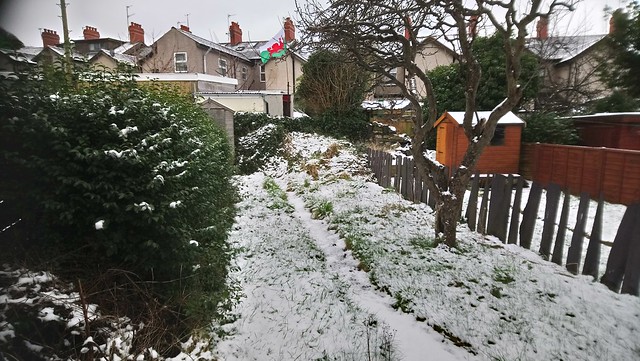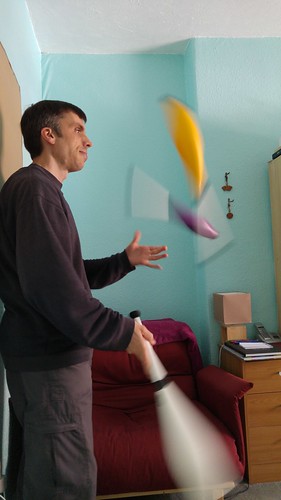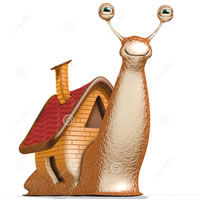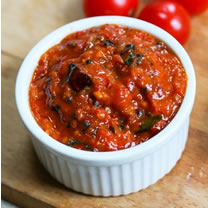Today I learnt that one way to say goodbye or farewell in Romanian is drum bun. This came up in a Duolingo lesson, and I translated it as “good road”, which is what it means literally. However that’s not how it’s used.
Drum (road) comes from the Greek δρόμος (drómos – road, track), from the Ancient Greek δρόμος (drómos – roadway, road, street, way; journey), from the Proto-Indo-European *drem- (to run) + -ος (-os).
*Drem- is also the root of the English drome, as in hippodrome, aerodrome, velodrome, anadrome, syndrome and palindrome.
In case you’re wondering, an anadrome is a word which forms a different word when spelled backwards, such as desserts and stressed. They are also known as volvograms, reversgrams, heteropalindromes, backwords, semordnilap or emordnilaps, or semordnilaps [source].
Other anadromes in English include spar / raps, star / rats, bus / sub, nip / pin, and so on.
Can you think of others in English or other languages?




